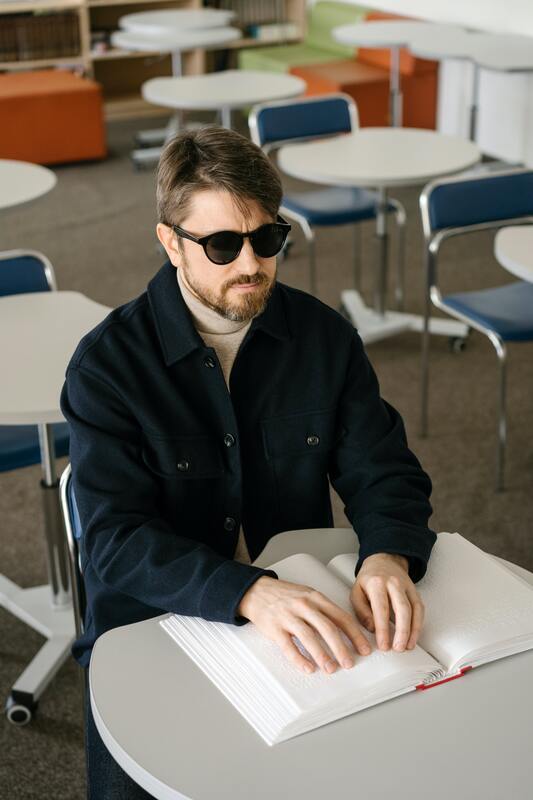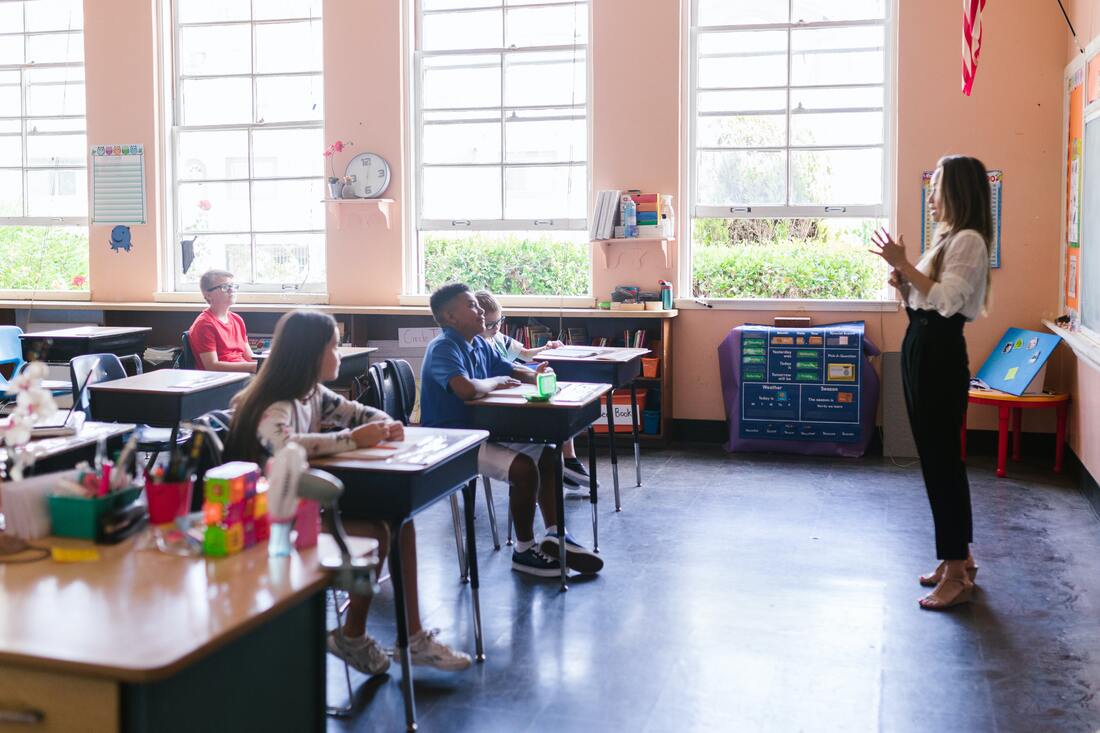|
Pro bono publico, which translates into “for the public good,” involves offering professional services freely or at a cheaper rate to people who ordinarily cannot afford them. The legal profession often requires that lawyers take up pro bono cases at certain points in their careers.
For instance, the American Bar Association Model Rules of Professional Conduct recommend that every lawyer should have at least 50 hours of subsidized or completely free pro bono work. The model rules also noted that pro bono cases are instrumental in furthering and improving the legal ecosystem. In addition to improving the legal system, lawyers also benefit from pro bono cases. One of the major benefits of bro bono cases is that it has helped many lawyers develop their advocacy skills. New lawyers might find the litigation process a little tedious and difficult to adjust to. Taking up pro-bono cases. The amount of pro bono cases that a law firm takes might positively impact its rankings in publications like the American Lawyer. This is because pro-bono cases are key evidence of social responsibility.
0 Comments
After a jury or judge finds a defendant guilty, the defendant can appeal the ruling. Defendants can petition the court when they believe their conviction was unjust or their punishment excessively severe.
An appeal differs from a trial. The appeal process serves as a chance for the defendant to address errors that may have transpired during the trial. Therefore, the appeal process occurs after the trial. Written submissions can resolve some cases. However, most cases undergo an “oral debate” before a court. In a court of appeal, lawyers present their claims on behalf of the appellate. The lawyers will engage in oral arguments before a judge, focusing on the legal principles under contention. Judgments from the Court of Appeals usually mark a case's end. Sometimes, the parties and the defendants seek redress from the United States Supreme Court or remand the case to the trial court for further proceedings. If the Appeal Court deems it appropriate, they can overturn a specific conviction, modify a sentence, or mandate an entirely new trial. An alumna of Northwestern University Pritzker School of Law, Judge Megan Goldish has been a member of the bench of the Circuit Court of Cook County since 2014. Currently, Judge Megan Goldish hears domestic violence cases as a judge in the Domestic Violence Court.
The primary function of the Circuit Court of Cook County Domestic Violence Court is to hear civil requests for protection orders, no contact orders, and stalking no contact orders. In addition, it also hears criminal cases covered by the Illinois Domestic Violence Act. The Illinois Domestic Violence Act of 1986 put more “teeth” into the law by ensuring that law enforcement acts to protect people who are experiencing domestic violence or abuse. Domestic violence is a criminal act. Domestic violence occurs when a family member or a household member commits acts of abuse. To better understand the basics of the Illinois Domestic Violence Act, consider the following information. Q: Who is a “family member” or a “household member?” A: A family member or household member is anyone who falls under the following categories: Persons related to each other by blood; Persons married to each other or who have been married to each other; Persons who share or previously shared a common domicile; Persons who are dating or previously dated, regardless of gender; and Persons with disabilities, including their personal assistants. Q: What acts are considered abuse under the Illinois Domestic Violence Act? A: The following acts are considered abuse: Physical abuse, including hitting, choking, kicking, and forced sex; Harassment such as constant telephoning, following or stalking, creating public disturbances, preventing child visitations, and threatening to hurt others; Forcing someone do something against his or her will; Forcing a child or other person to watch acts of abuse; and Preventing a person with disability from accessing needed care. Q: What legal action can a person experiencing domestic violence take? A: A person experiencing domestic violence can file a request for an order of protection to prevent their abuser from continuing the abusive acts. Sitting on the bench of the Circuit Court of Cook County, Judge Megan Goldish hears cases involving family matters such as domestic violence. Judge Megan Goldish has delivered presentations on a variety of topics, including the Domestic Violence Act and orders of protection.
Also known as restraining orders, Illinois orders of protection are court-issued documents that provide protection in cases of harassment or abuse by a family or household member (including dating partners). Such documents can take a number of forms, including those that bar the abuser from continued threats or abuse such as harassment, intimidation, physical attack, or interference with personal liberty. They can bar the abuser from the victim's school, place of work, or shared residence. They may even stipulate that such restrictions apply when the abuser is under the influence of drugs or alcohol. The restraining order might also encompass matters related to children, offering temporary legal custody or physical guardianship of offspring. This includes detailing visitation rights in cases where such rights are granted. The restraining order can prevent the abuser from relocating a child to another state or concealing the child from the partner. It might also necessitate the abuser's appearance in court. Financial responsibilities may include child support contributions, covering essentials like shelter, and addressing losses and counseling services connected to the abuse. Importantly, even in cases where no arrest has occurred, it's frequently viable to pursue criminal charges against the abuser. Judge Megan Goldish is a longtime Illinois legal professional who presides over cases of the Circuit Court of Cook County. Involved in her community, Judge Megan Goldish supports the outreach, advocacy, and education efforts of the Chicago Lighthouse on behalf of those in blind and low-vision communities.
The nonprofit offers a diversity of services through the Forsythe Center for Comprehensive Vision Care, including low vision exams by optometrists who develop personalized rehabilitation plans. Team members provide vision device and technology recommendations, as well as referrals for supplementary Lighthouse services such as occupational therapy. Another important aspect of the Forsythe Center's offerings is the provision of counseling services through the Bergman Institute for Psychological Support. Recognizing the challenges that often accompany low vision, the center offers a range of therapeutic options including family, group, and individual counseling sessions. These sessions are dedicated to addressing issues such as life satisfaction, feelings of inadequacy, and the daily stresses that come with diminishing vision, all with a sensitive and supportive approach. The organization’s services extend to the delivery of tailored independent living aids and assistive devices through the Sandy Forsythe Assistive Technology Center. Harnessing advanced technologies and materials, these devices empower individuals with visual impairments to thrive as they move through life. Judge Megan Goldish was first elected to the Circuit Court of Cook County in 2014. She was re-elected in 2020 and will serve until December 2026. Outside her role in the Circuit Court, Judge Megan Goldish is a co-chair of The Chicago Lighthouse Junior Board.
The Chicago Lighthouse is a social service organization dedicated to helping the visually impaired and the blind. The Chicago Lighthouse Junior Board is a group of young professionals seeking to help the Chicago community. Walkers who are visually impaired in Chicago petitioned the court for access to signalized crosswalks based on the provisions of the Americans with Disabilities Act (ADA). The walkers received a favorable ruling from a federal court saying the lack of accessible pedestrian signals (APS) in Chicago violates the ADA. Throughout Chicago, fewer than three dozen intersections are equipped with APS, including the intersection outside The Chicago Lighthouse. Newer APS models have audible cues that say “walk” and “don’t walk.” Most Chicago APS still have chirps or beeps to tell walkers who are visually impaired when to cross. Future court proceedings will decide how many Chicago intersections will receive new APS. The Chicago Department of Transportation said 35 intersections have been equipped with new APS, and over 150 more will be equipped soon. Judge Megan Goldish has spent the past 23 years of her career practicing law in Cook County, Illinois. Sitting on the bench of the Circuit Court of Cook County since 2014, Judge Megan Goldish serves in the domestic violence court.
In September 2022, the Circuit Court of Cook County Domestic Violence Division launched a pilot program that expanded court access to survivors of domestic violence. After-hours access helps people seeking Civil Emergency Orders of Protection (EOP). Regular court hours run from 8:30 a.m. to 4:30 p.m. Monday through Friday. After-hours access provides remote hearings from 9 p.m. to 3 a.m. Monday through Friday and from 1 p.m. to 6 p.m. Saturdays and Sundays. People seeking Civil EOPs may fill out a request form by visiting Illinois Legal Aid Online. In August 2022, Chief Judge Timothy C. Evans decided to launch after-hours access based on the Domestic Violence Committee’s recommendation. The committee had been tasked with examining the feasibility of expanding court hours. Megan Goldish serves as a judge in the Domestic Violence Court of the Circuit Court of Cook County. Leveraging over 20 years of legal experience, including nine years as a Judge, she presides over a high-volume domestic violence court call and oversees criminal, civil, felony, and misdemeanor cases. Alongside her judicial responsibilities, Judge Megan Goldish actively contributes to the community, holding positions such as co-president of the Junior Board of the Chicago Lighthouse for the Blind.
The Chicago Lighthouse has partnered with Moraine Valley Community College to launch the Certified Medical Administrative Assistants (CMAA) training program, which focuses on promoting CMAA skill acquisition to facilitate job procurement among unemployed and underemployed populations in Illinois. The program, which enables remote access to CMAA training resources in preparation for the CMAA national certification exam, is free and encourages self-paced study. Enrollees access core CMAA educational resources such as customer service training, medical insurance coding, business and office management, patient record-keeping, and typing through the remote educational program. They also learn and complete drills at their own pace and convenience. The National Healthcareer Association offers the CMAA certification exam, which validates competency for filling a medical administrative assistant role in any healthcare facility in the US. A medical administrative assistant is a professional who provides clerical and administrative support in a healthcare setting. Judge Megan Goldish is a legal professional who has dedicated over 20 years to the practice of law, with the last nine years serving as a judge in the Domestic Violence Court of the Circuit Court of Cook County. In addition, Judge Megan Goldish is an avid student of the theater, as well as a performer.
Performance arts, such as theater, promote empathy, which is the art of sharing other people's feelings and understanding their circumstances and problems. Both actors and audience members often develop empathy through theater, frequently without realizing it. To play characters convincingly, actors need to learn to execute the actions of the characters they play and also understand the emotions that inspire their actions. While this helps them show the character's emotions and motivations in the play, which is necessary for a standout performance, it also helps them learn to feel and process other people's emotions, encouraging empathy. For audiences, understanding a play involves establishing a mental connection with the characters throughout the play. This helps them understand the reasons behind the actions the characters take and what each character feels. This is also an example of how the theater experience promotes empathy. With a distinguished legal career spanning over 20 years, Megan Goldish holds the position of judge in the Domestic Violence Court of the Circuit Court of Cook County. In addition to her legal expertise, Judge Megan Goldish dedicates her time to the nonprofit organization, the Chicago Lighthouse for the Blind, showcasing her commitment to social causes.
Aware of the significant number of children who have behavioral, emotional, physical, and mental health needs, Chicago Lighthouse oversees a non-public therapeutic day school that serves students across the Chicago area. The school, known as the Children's Development Center (CDC), features a high staff-to-child ratio, which enables personalized attention and customized learning support. The Children's Development Center focuses on mitigating the adverse impacts of traumatic brain injury, vision loss, autism, intellectual disabilities, and other conditions that hinder learning. Through Individual Educational Plans (IEPs), each student in the school benefits from a customized teaching plan that aligns with their unique needs. This is different from the teaching modalities of typical schools, which feature the same curriculum and teaching protocols for all students in a class. The Children's Development Center (CDC) also has a close affiliation with the Low Vision Clinic, which offers early stage eye interventions. The school’s IEP program is data-driven and based on collaboration with parents, students, school districts, and staff. Certified learning behavior specialists at the school use formal assessment scales to tailor teaching recommendations for each child. Physical therapists, occupational therapists, speech-language therapists, psychologists, and other specialists also provide additional support to each child when necessary. |
AuthorJudge Megan Goldish - Hearing Domestic Violence Cases. Archives
August 2023
Categories |










 RSS Feed
RSS Feed
